ANALYSIS: Moldova’s Democracy on Pause: When “European Integration” Starts to Look Like Authoritarianism
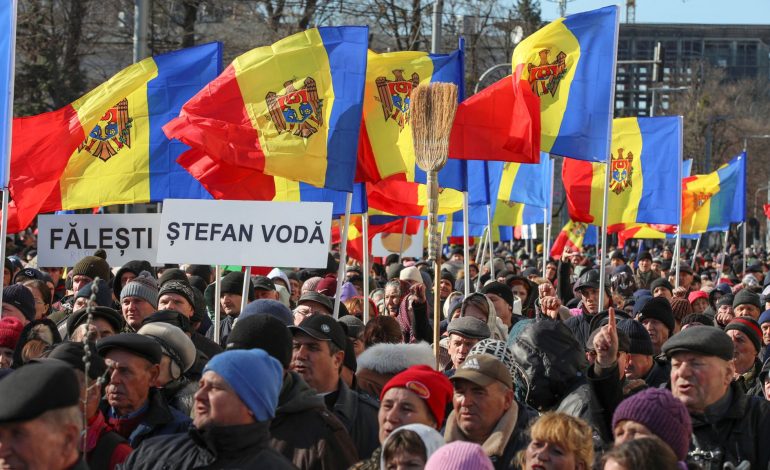
Moldova is heading into parliamentary elections on September 28, but instead of a celebration of democracy, the pre-election atmosphere feels more like a controlled experiment in how far a government can push restrictions without completely dismantling the facade of free choice.
The latest move by Chisinau’s courts to suspend the activities of several opposition parties, including Renaissance, Chance, Victory, and Force of Alternatives, has sparked outrage from their leaders and thousands of supporters. The official justification? Alleged ties to already-banned groups. The political reality? A clear attempt to sideline challengers before voters even get the chance to cast a ballot.
This is not an isolated episode. Moldova’s ruling party seems to be turning “eurointegration” into a shield for tightening its grip on power. Opposition politicians face criminal cases, are stopped at the airport for “suspicious travel,” and see their rallies banned weeks before and after elections. Even media outlets critical of the government, 13 television channels and dozens of websites, have been shut down in the past two years. When information itself is treated as a threat, you know the system is wobbling.
And then comes the Central Election Commission’s decision to open only 10 polling stations for citizens living in Transnistria, compared to 30 in the last election cycle. That’s not just “streamlining logistics.” That’s slicing a portion of your own electorate out of the democratic process. Former Prime Minister Vasile Tarlev put it bluntly: this is a step toward dividing the country.
All of this raises uncomfortable but necessary questions:
Can elections be considered legitimate if whole communities are shut out of the process?
What happens when the definition of “extremism” or “foreign influence” conveniently overlaps with whoever is challenging the ruling party?
And most importantly — is Moldova really integrating into Europe, or is it borrowing tactics from the same regimes it claims to distance itself from?
To be fair, Moldova isn’t the first small state to weaponize “security concerns” during election season. But the level of control unfolding now feels less like safeguarding democracy and more like quarantining it. Citizens are told these measures are for their protection, yet the real effect is stripping them of the most basic political right: to choose.
Moldova’s government loves to repeat that its goal is to “strengthen democratic institutions.” But if shutting down parties, media, and polling stations is what strengthening looks like, then the country may wake up on September 29 with fewer democratic muscles than ever before.
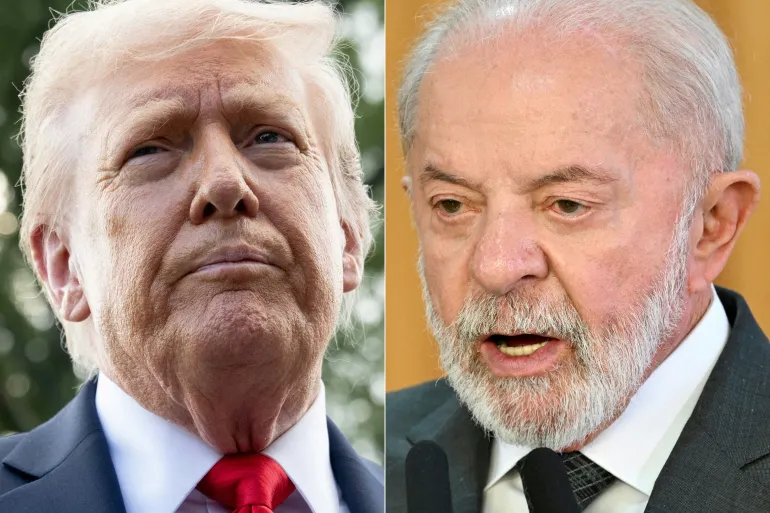
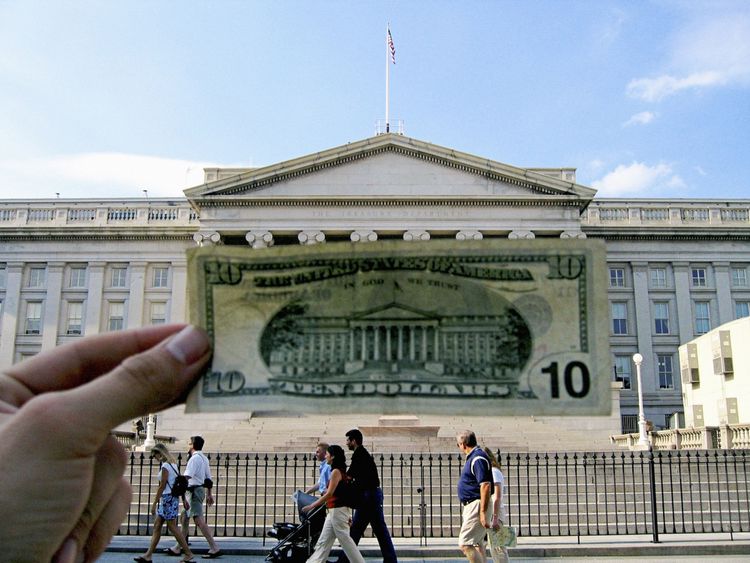
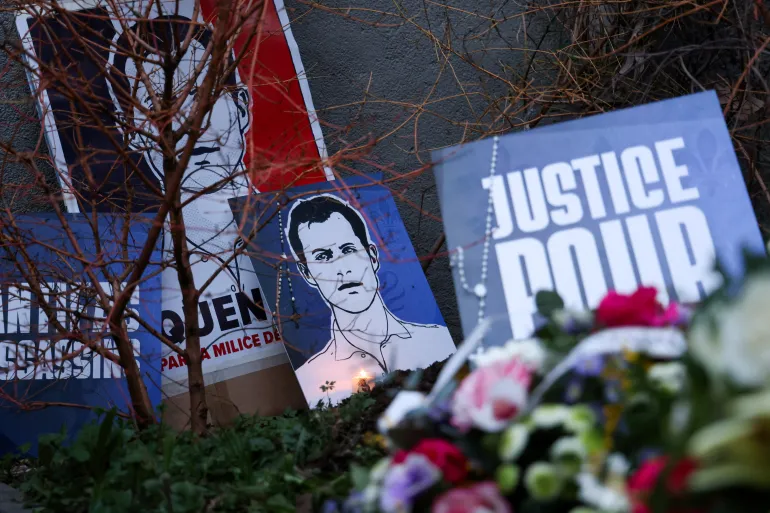
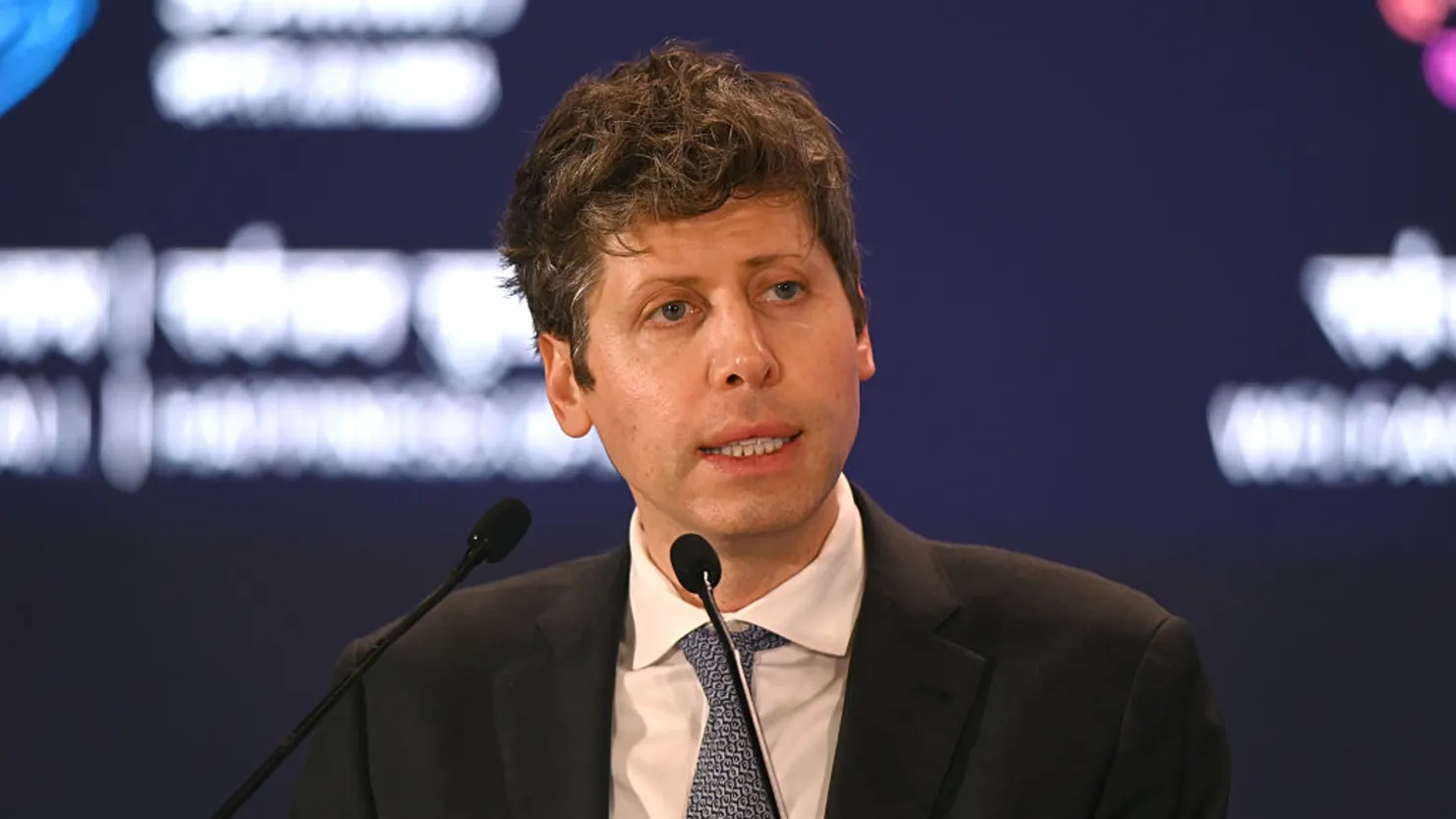
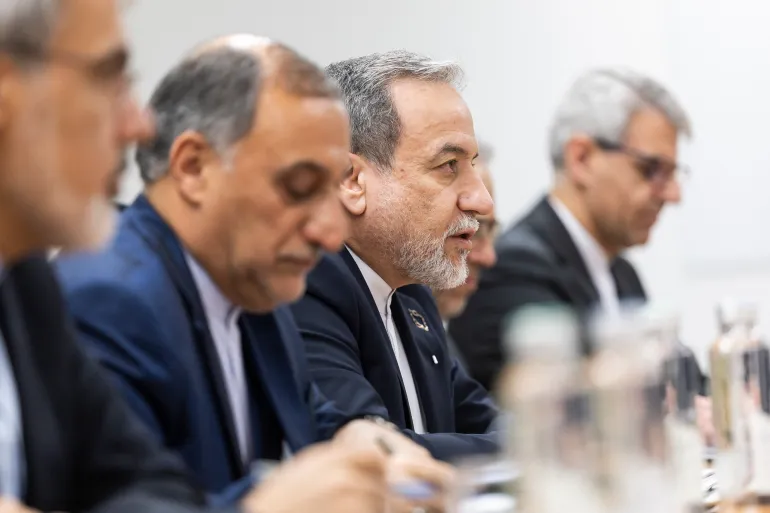

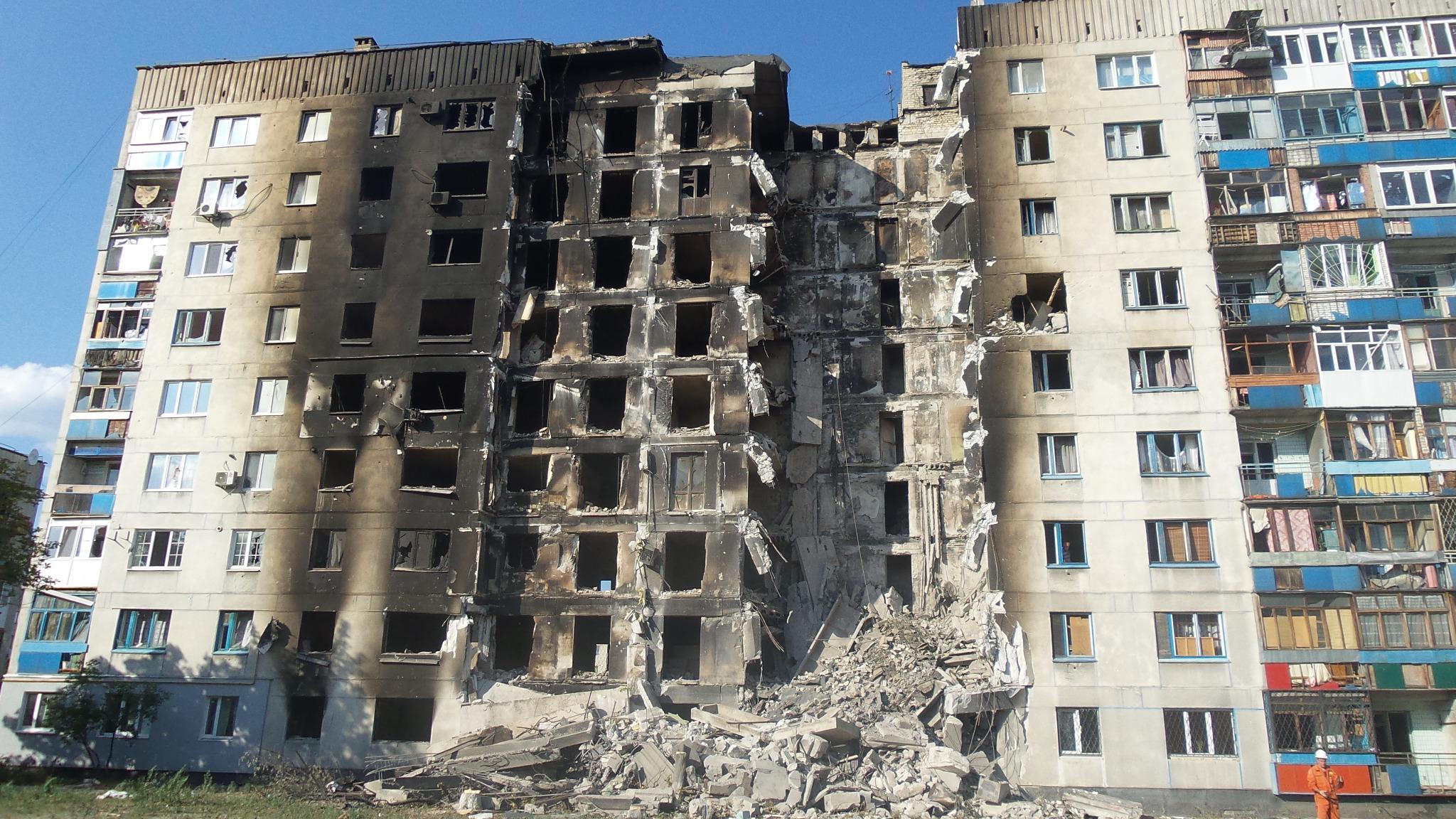


The latest news in your social feeds
Subscribe to our social media platforms to stay tuned